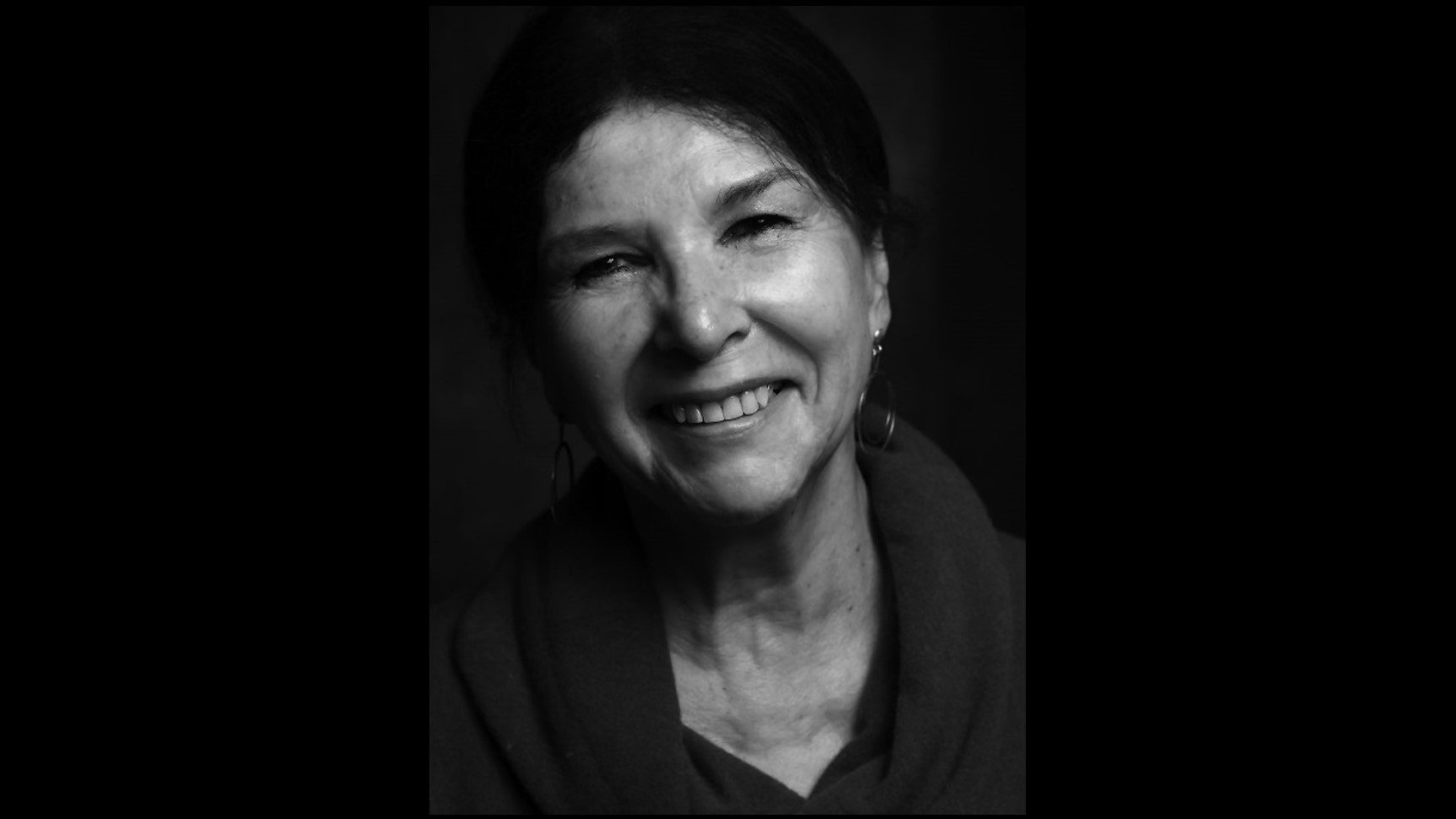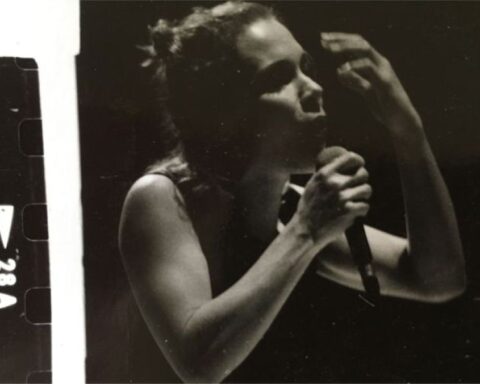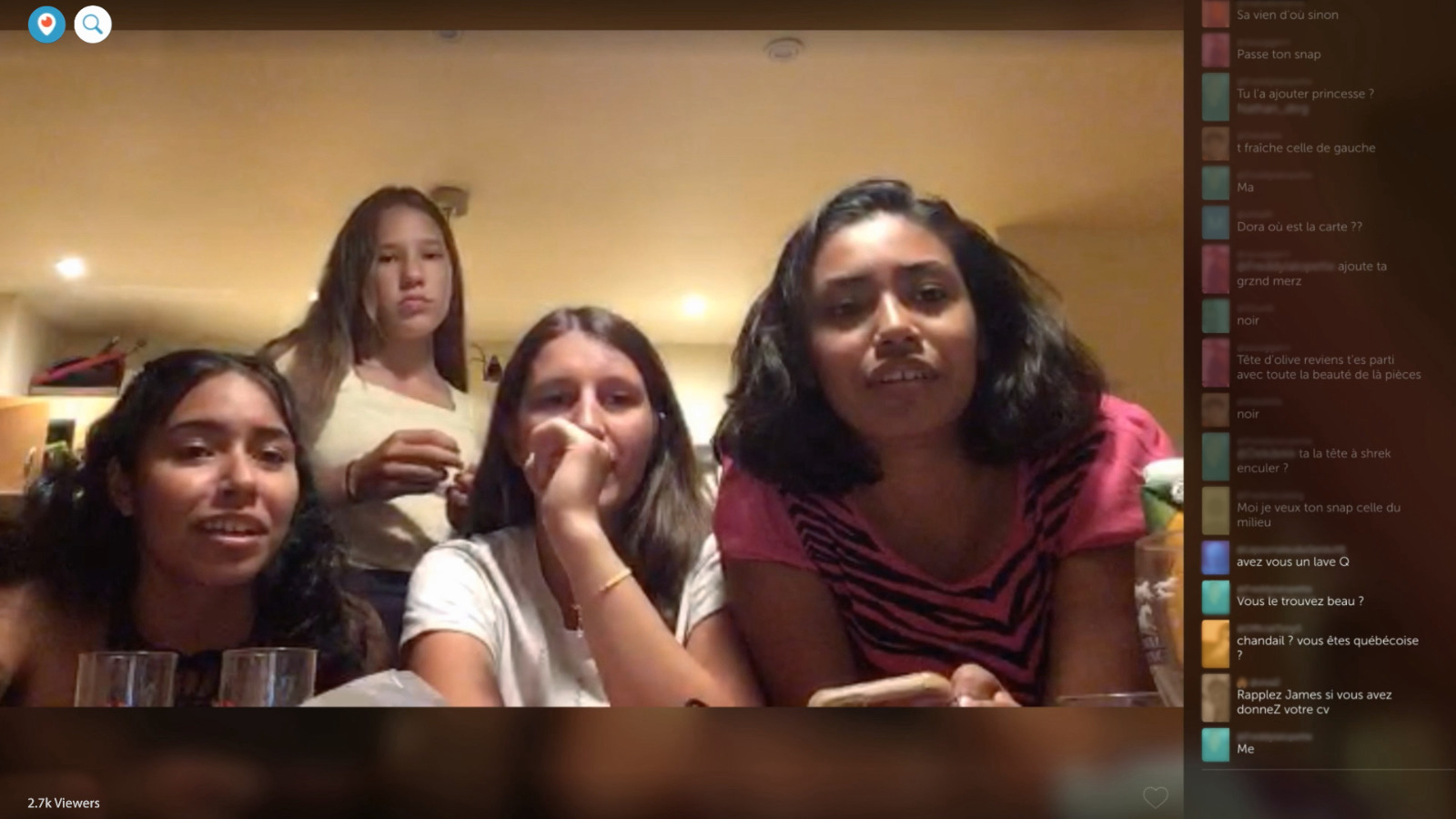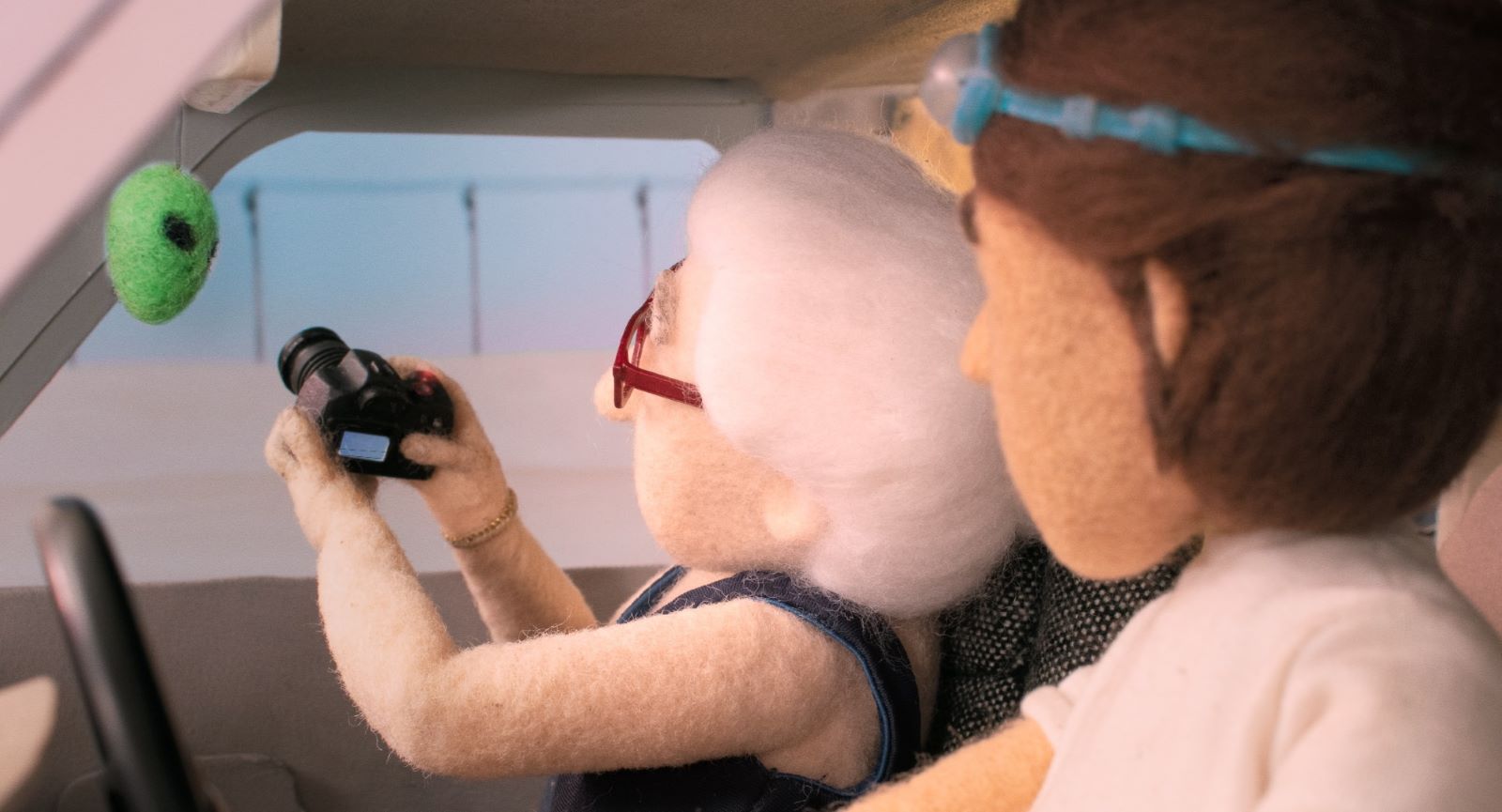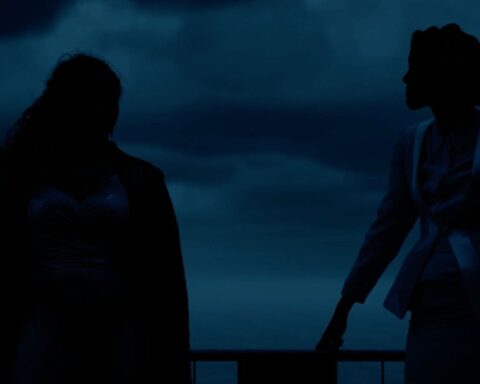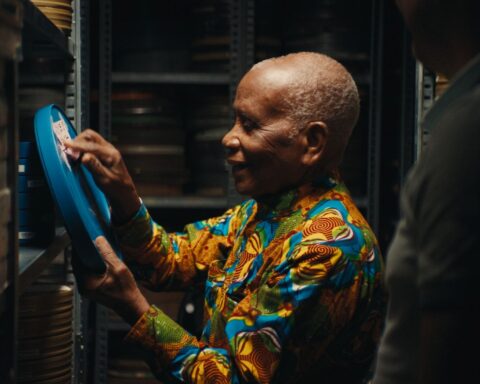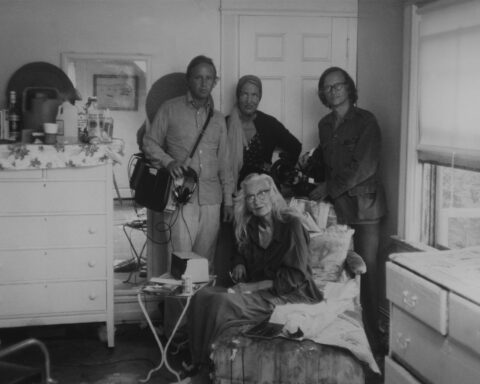Alanis Obomsawin is the recipient of this year’s Edward MacDowell Medal. The American award honours artists who have made significant contributions to their fields. The medal will be presented to Obomsawin in an outdoor ceremony on July 23 with author and arts leader Jesse Wente offering opening remarks about her legacy and body of work. Obomsawin is the first woman filmmaker to receive the MacDowell Medal in its 63-year history. Previous filmmakers to get the honour include Stan Brakhage, David Lynch, Chuck Jones, and Les Blank.
“Obviously, these are people who have accomplished quite a lot and it is a distinct pleasure to be counted among such a magnificent group,” said Obomsawin in a statement. “I am very honoured.”
Obomsawin is among Canada’s most celebrated and prolific filmmakers. At 90 years young, Obomsawin is still as active as ever with the short documentary Bill Reid Remembers released last year. She is best known for her 1993 landmark feature documentary Kanehsatake: 270 Years of Resistance, which chronicled the standoff of the Oka Crisis and the larger conversations about Indigenous land rights embedded within the conflict, and Incident at Restigouche (1984) about RCMP raids on the Listuguj Mi’gmaq First Nation over fishing rights. She has over 50 credits to her name, including a recent chapter of work that focuses on the rights of Indigenous children, the impact of residential schools, and the pathways to reconciliation in films such as We Can’t Make the Same Mistake Twice (2016), Our People Will Be Healed (2017), Jordan River Anderson, The Messenger (2019), and The People of the Kattawapiskak River (2012), which won the Donald Brittain Award for Best Social/Political Documentary at the Canadian Screen Awards.
“As the Grand Dame of the Indigenous film world and the documentary field, Alanis Obomsawin’s exemplary 52-year body of work uplifting Indigenous stories and triumph inspired us with compelling and unequivocal enthusiasm to award her with the 2023 Edward MacDowell Medal,” said Bird Runningwater, on behalf of the Medal selection panel in a statement. “Even more special is that Alanis Obomsawin descends from the Abenaki People, and MacDowell’s residency program takes place in Wabanaki, the Dawnland, on the traditional homelands of the Western Abenaki. This marks the first time MacDowell honors someone from the Indigenous lands where the residency has historically taken place.” Also on the selection panel were former Sundance director Tabitha Jackson, Tabitha Jackson; MacDowell Fellows and filmmakers Natalia Almada, Rodney Evans, and So Yong Kim; MacDowell Board member and Fellow Julia Solomonoff; and MoMa curator Josh Siegel.
Obomsawin’s next project will be the short documentary The Green Horse, produced by the National Film Board of Canada. The film revisits a childhood dream of the filmmaker and explores the role that dreams play for children with special needs.




